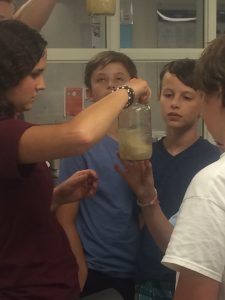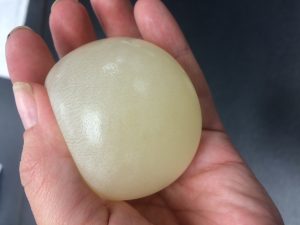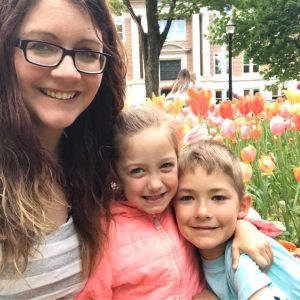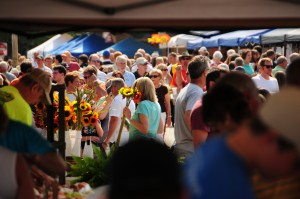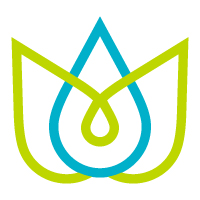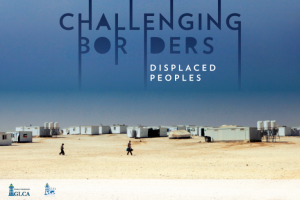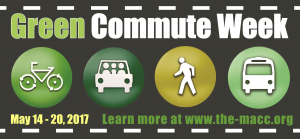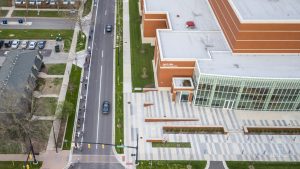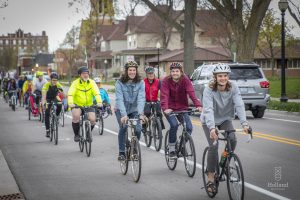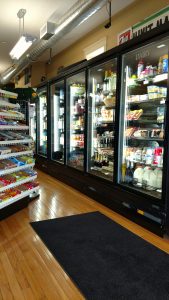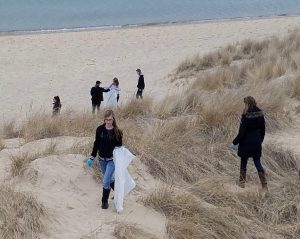May 31, 2017 – Trump resisting pressure from Europe, pope on climate deal
May 30, 2017 – Living Sustainably: Acid’s impact – A “Teach for Our Energy Future” lesson
May 30, 2017 – POPULAR SCIENCE CAMPS FOR K-12 STUDENTS MARK 20TH ANNIVERSARY
May 30, 2017 – Sustainable business at a crossroads, again
May 29, 2017 – DNR’s fish trend viewer updated with fresh content
May 26, 2017 – HOPE COLLEGE ALUMS HELP HOPE STUDENTS RACE TO ZERO
May 26, 2017 – West Michigan water enthusiasts should feel confident diving in
May 26, 2017 – Holland Harbor to be dredged in June
May 25, 2017 – ‘Sustainable Apparel’ Apparently Continues to Gain Momentum; Supply Chain Cited
May 24, 2017 – 5 tips that support your lawn and the environment
May 23, 2017 – Trump budget slashes money of clean air and water programs
May 23, 2017 – Class of 2017 prepares to graduate from Holland-area schools
May 23, 2017 – Zeeland High woodworking class builds stairs for Early Childhood Center
May 23, 2017 – How to Invest Without Sacrificing Your Values
May 22, 2017 – Former Grand Rapids mayor shares sustainability thoughts with city council (Petoskey)
May 22, 2017 – Experts say it’s never too early to teach compassion and empathy to children
May 22, 2017 – Rainwater Harvesting Increasingly Helps Companies Reduce Stormwater Fees & Energy Use
May 21, 2017 – Living Sustainably: 6 ways to raise a sustainable family in Holland
May 20, 2017 – 3 key indicators of Ottawa County’s health
May 20, 2017 – Holland Christian students volunteer to unearth Laketown Beach stairs during ‘big dig’
May 19, 2017 – After successful festival, Tulip Time organizers begin work for next year
May 18, 2017 – The Michigan League of Conservation Voter’s Governor’s Report Card offers resource to assess how Governor Snyder performed over the last two years.
May 18, 2017 – Hope College research project receives award
May 17, 2017 – Grand Valley receives gold status from national sustainability group
May 17, 2017 – Anglers asked to report tagged fish to DNR
May 17, 2017 – Help children avoid asthma attacks by improving home indoor air quality
May 17, 2017 – Notre Dame students plan to protest against Mike Pence at commencement — and the university is okay with it
May 16, 2017 – WALK THIS WAY TO CHALLENGE BORDERS. The project has much to teach you about those whose lives have experienced disruption and disorder due to immigration, climate change, the refugee crisis and mass incarceration. And the disciplines of art and English and science and psychology and communication all converged to do so, crossing interdisciplinary boundaries in order to challenge you about the ways you view borders — domestic or international — and the people who are affected by them.
May 16, 2017 – Michigan biking fatalities rise 81 percent since 2014
May 15, 2017 – Living Sustainably: Green Commute Week offers challenge, health, perks
May 14, 2017 – DEQ celebrates wetlands for May
May 14, 2017 – My Take: Challenge to participate in Green Commute Week
May 12, 2017 – Modern Motherhood Has Economists Worried: A better balance between work and family could boost the world economy
May 12, 2017 – RISE: China, US agree on some trade; no rush on climate change policies
May 12, 2017 – Outdoor Discovery Center: Early Bird Hike sets off at dawn May 13
May 11, 2017 – 6 tips to make healthy eating realistic and sustainable
May 10, 2017 – Rethinking “Sustainability”
May 9, 2017 – Majority of Michigan deer hunters don’t support regulation changes
May 8, 2017 – HOPE COLLEGE SUSTAINABILITY RESEARCH PROJECT WINS “SOCIAL SCIENCES YOUNG INVESTIGATORS” AWARD
May 8, 2017 – Boston to Pursue Zero Waste, Hopes to Trim $37M Annual Hauling Cost
May 1, 2017 – FOIA Requests Filed on Trump’s ‘Bizarre’ Plan to Cut Energy Star
May 1, 2017 – The Progress Toward Sustainability


